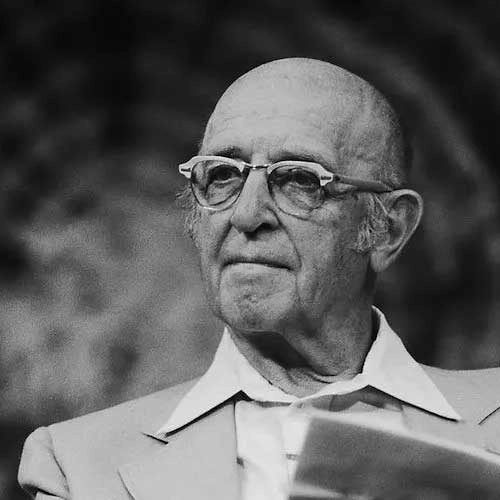What Is the Person-Centered Approach?
The Person-Centered Approach was developed from the work of the psychologist Dr. Carl Rogers (1902–1987). He advanced an approach to psychotherapy and counseling that, at the time (the 1940s–1960s), was considered extremely radical, if not revolutionary.
Originally described as non-directive, this therapy moved away from the idea that the therapist was the expert and towards a theory that trusted the innate tendency (known as the actualizing tendency) of human beings to find fulfilment of their personal potentials. An important part of this theory is that in a particular psychological environment, the fulfilment of personal potentials includes sociability, the need to be with other human beings and a desire to know and be known by other people. It also includes being open to experience, being trusting and trustworthy, being curious about the world, being creative and compassionate.
The psychological environment described by Rogers was one where a person felt free from threat, both physically and psychologically. This environment could be achieved when being in a relationship with a person who was deeply understanding (empathic), accepting (having unconditional positive regard) and genuine (congruent).

Although initially developed as an approach to psychotherapy (eventually becoming known as client/person-centred therapy/counselling), Rogers and his colleagues came to believe that their ideas could be transferred to other areas where people were in relationships. For example teaching, management, childcare, patient care, conflict resolution.
Today there are many people who, although not working as psychotherapists and counsellors, use the work of Rogers as guiding principles in their day-to-day work and relationships.
At one level, Rogers’ theory and work is very simple to describe. As many people would attest, both those using the approach and those working as person-therapists/counsellors, it can be very difficult to put into practice because the approach does not use techniques but relies on the personal qualities of the therapist/person to build a non-judgmental and empathic relationship.
